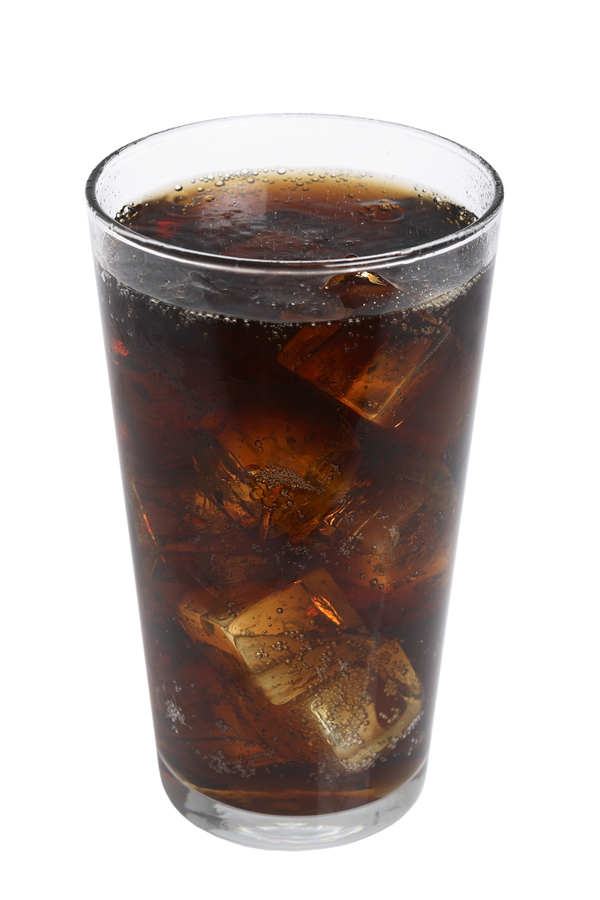Kicking the Habit: Tips For Helping Your Senior Quit Drinking Soda

A study has found that 48 percent of surveyed Americans- nearly half of them- drink soda on a daily basis despite understanding that it is bad for them.
The average daily intake of the sugary substance is 2.6 glasses, which according to another study puts people at a higher risk of dying from digestive disorders. The same daily amount is linked to an increased risk of clot-based strokes, heart attacks, and death in women over the age of 50 according to the American Heart Association.
Even diet soda has its risks, with people who consume two or more classes per day being at higher risk of dying from cardiovascular disease. Other research has shown a link between diet beverages and stroke, Type 2 diabetes, dementia, and obesity.
Yet, many Americans continue drinking soda on a daily basis.
If your senior parent or loved one is a soda drinker, consider the following ways that they can start to kick the habit and be on their way to a healthier, and hopefully longer life!
Increase water consumption.
Encourage your senior to drink more water every day by finding ways that entice them to drink non-sugary liquids. Getting them a fun new water bottle and making sure to place it near them is one way. Adding fruits to their water may be another way to encourage water drinking. Try experimenting with different fruits such as lemons, oranges, and limes, or a variety of berries to see if they like the added flavor boost without any extra sugar. If they are receiving senior care at home. consider asking their caregivers for help in reminding them to be drinking water regularly.
Try alternative drinks.
There are other less sugary beverages that your senior parent can switch to as they try and wean themselves off soda. Unsweetened tea is a great substitute and can be taken hot or cold and in a variety of flavors. Kombucha, a type of fermented tea with probiotic benefits, is another choice if they really need that carbonation. And finally, seltzer or sparkling water is another way that your senior can get that fizzy feeling that they may crave but without the sugar.
Talk to their doctor.
At their next senior care check-up, have them talk to their doctor about the health benefits of quitting soda. Sometimes hearing from a third party in the medical profession can be more meaningful than coming from family.
Save it for special occasions.
If your senior is having trouble kicking the soda habit for good, consider saving it for special occasions, or maybe as a treat once a week.
Go slow.
Don’t expect your senior parent to give up soda immediately and for good. It may take some time before they can cut it out completely, and small steps to a better more healthier lifestyle are better than none. Try cutting back slowly at first to see how they are able to handle the transition.
If you or an aging loved-one is considering Senior Care in Palos Verdes, CA please contact the caring staff at American Geriatric Care Management, LLC today at (310) 648-0614.
source:
- Shaking up the Conversation: Spreading Awareness for Parkinson’s - April 24, 2023
- Mind Over Matter: Strategies for Staying Mentally Sharp as You Age - April 21, 2023
- Stay Connected: Creative Ways for Seniors to Build Social Connections - April 3, 2023
